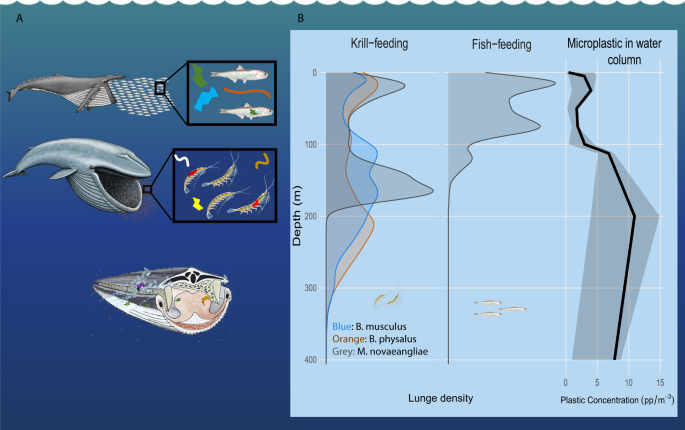

New York, NY: Random House.ĭumanoski, D., Farland, W., & Krimsky, S. The power of habit: Why we do what we do in life and business. Berkeley, CA: University of California Press.ĭuhigg, C. Risk and culture: An essay on the selection of technological and environmental dangers. Plenum, New York.ĭouglas, M., & Wildavsky, A. (Eds.), The Analysis, Communication, and Perception of Risk. Individual differences in risk perception and risktaking preferences. Theories of risk perception: who fears what and why? D aedalus 119, 41–60.ĭake, K., Wildavsky, A. Journal of Social Issues, 48(4), 21–37.ĭake, K., Wildavsky, A. Myths of nature: Culture and the social construction or risk. Journal of Cross-Cultural Psychology, 22(1), 61–82.ĭake, K. Orienting dispositions in the perception of risk: an analysis of contemporary world-views and cultural biases. Mass Communication and Society, 19(1), 7–23.ĭake, K. The end of framing as we know it… and the Future of Media Effects. The Psychology of Learning and Motivation, 32, 275–318.Ĭacciatore, M. Processing linguistic probabilities: General principles and empirical evidence. The interpretation of IPCC probabilistic statements around the world. Effective communication of uncertainty in the IPCC reports. Proceedings of the National Academy of Sciences, 110(3), 14062–14068.īudescu, D. Assessing what to address in science communication. Environment and Behavior, 40(1), 72–95.īruine de Bruin, W. Examining the relationship between physical vulnerability and public perceptions of global climate change in the United States. D., Zahran, S., Vedlitz, A., & Grover, H. Examining the willingness of Americans to alter behaviour to mitigate climate change. Meta-analysis of the relationship between risk perception and health behavior: The example of vaccination. Global and Environmental Change: Human and Policy Dimensions, 22(1), 210–222.īrewer, N. Causal thinking and support for climate change policies: International survey findings. E., Böhm, G., Hanss, D., Bodi, O., … Sælensminde, I. Characterizing mental models of hazardous processes: A methodology and an application to radon. Wiley Interdisciplinary Reviews: Climate Change. Targeting and tailoring climate change communications. Journal of Applied Social Psychology, 7, 258–271.īostrom, A., Böhm, G., & O’Connor, R. American Politics Research, 42(1), 65–89.īorgida, E., & Nisbett, R. Doing what others do: Norms, science, and collective action on global warming. The perceiver’s social role and a risk’s causal structure as determinants of environmental risk evaluation. Consequences, morality, and time in environmental risk evaluation. Research in Social Problems and Public Policy, 9, 1–30.īöhm, G., & Pfister, H.-R.

Mental representation of global environmental risks. Action tendencies and characteristics of environmental risks. Emotional reactions to environmental risks: Consequentialist versus ethical evaluation. Dispute and morality in the perception of societal risks: Extending the psychometric model. New Haven, CT: Yale University Press.īassarak, C., Pfister, H.-R., & Böhm, G. Climate cultures: Anthropological perspectives on climate change. Greenwich, CT: Information Age Publishing.īarnes, J., & Dove, M. Volume 5: Self-efficacy beliefs of adolescents (pp. Guide for constructing self-efficacy scales. Annual Review of Psychology, 52, 1–26.īandura, A. Social cognitive theory: An agentic perspective. Current Directions in Psychological Science, 9(3), 75–78.īandura, A. Exercise of human agency through collective efficacy. Journal of Risk Research, 12(1), 1–11.īandura, A. On risk defined as an event where the outcome is uncertain. Climate change, powerlessness and the commons dilemma: Assessing New Zealanders’ preparedness to act.


 0 kommentar(er)
0 kommentar(er)
